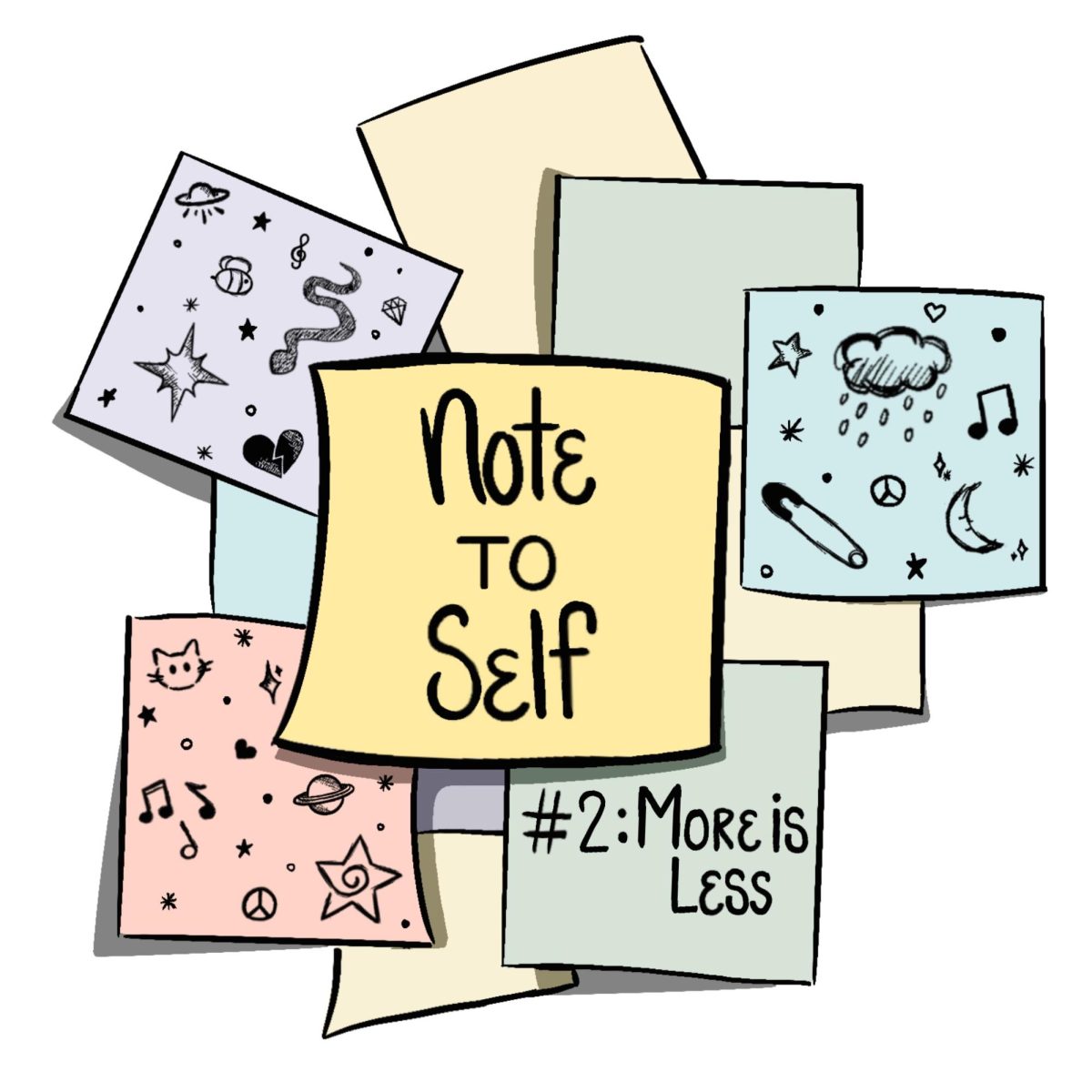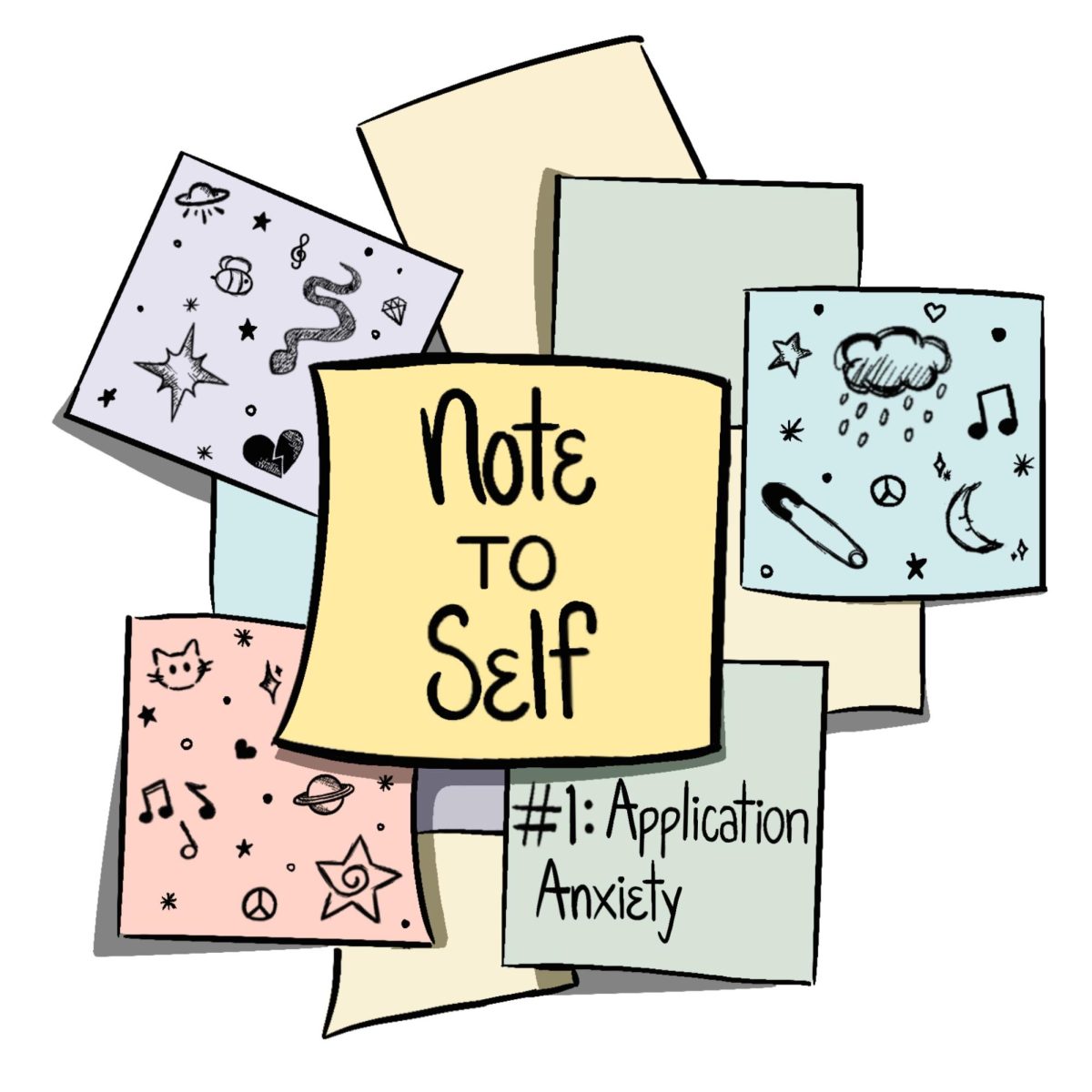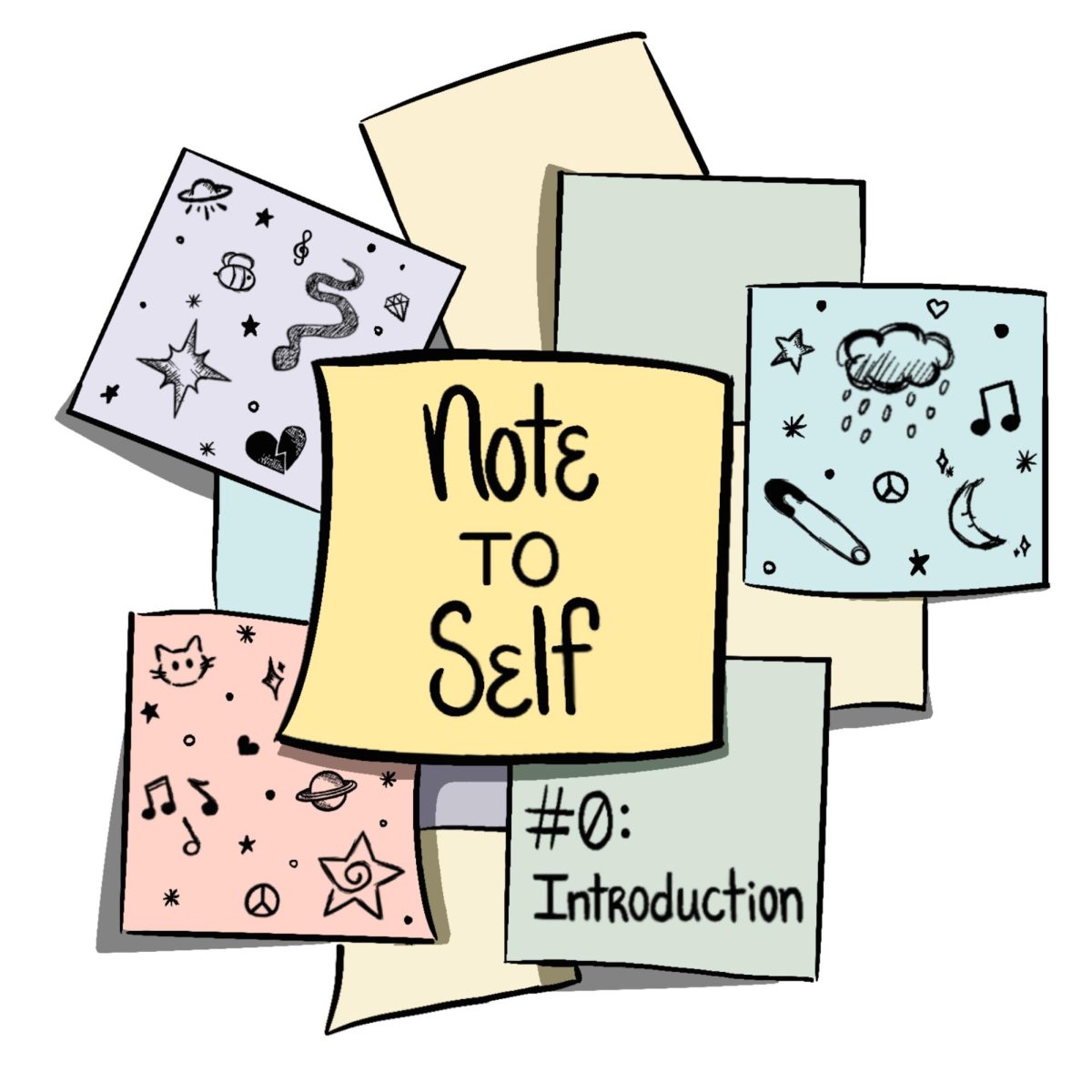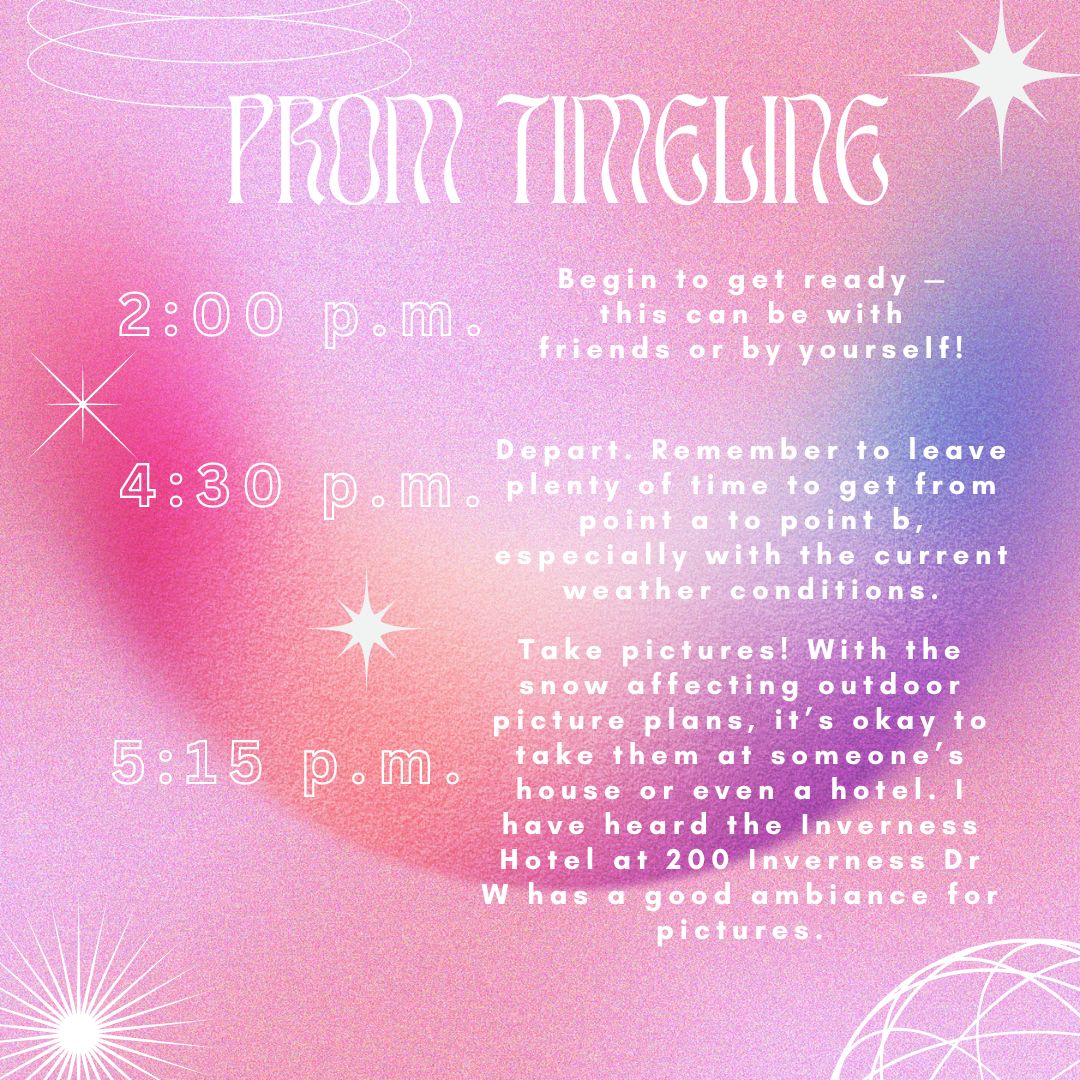A Narrative On Time: By Matthew Fink
November 11, 2021
I hate time. I have taken almost every measure that I possibly can to ensure that I look at a clock as few times as possible in a day. I have turned off all of the clocks on my devices, I have taken the clocks out from my room, and I have even changed my car clock to be a random time so I don’t know what time it really is. To me, time is nothing but a limitation; something telling me that I have to stop. I yearned to challenge the concept of time, so last year, in order to combat this astonishingly large limitation, I created a challenge for myself. For the entire month of December, I would not look at a single clock, or else I would fail. I obviously failed, as this was nearly impossible. Notably, December was probably the worst month to do the challenge in, as I absolutely had to be on time for my final exams. But that challenge was the ignition for my war against time. I started looking at clocks less and less, and would often show up late for meetings, classes, and other such activities. I developed a reputation for being late.
Though, as time went on, my awareness of time actually grew to a much higher level than where it was before. Since I was so ardent about not knowing the time, even in situations when I needed it, my body developed a natural clock of its own. Now, rather than being unaware of the time, the opposite happened, and I became what I hated most: timely. Whenever my friends would ask what time it was, I would be able to tell them what time it was without the assistance of a clock. I no longer need an alarm clock in the morning, as my body will wake up when I know I need to, and my perception of time passage is proficient enough to where I do not need a watch during a timed test, as I will know exactly when time is about to run out. This increase in cognizance was also accompanied by a change in disposition. Rather than always being late, I almost always show up early now.
This self-experiment that I have conducted upon myself has made me realize that humans are meant to progress. When something goes wrong, we are capable of learning from our mistakes and bettering ourselves in the future. I made a conscious effort to worsen my time-reading abilities, but because I put so much effort into trying to exacerbate them, they instead flourished. I am naturally a person who puts effort into whatever I put my mind to, whether that’s school, work, or even my chores at home. I believe that this means I am extremely capable of progressing in whatever I choose to pursue. My intense training in time perception, although originally meant to deter me, has instead only further prepared me for my future.
Only when we do not give effort to a task, will we not better ourselves; and I will always be giving my best effort.






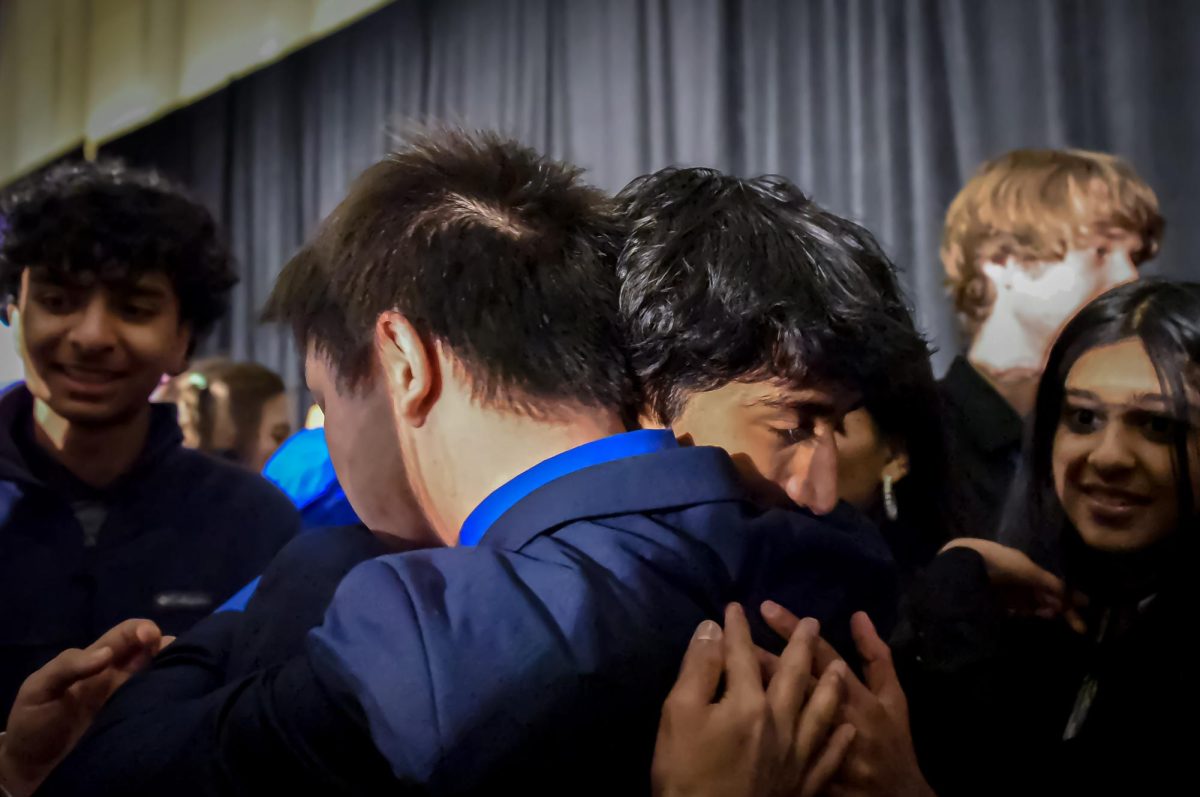

![The winter guard team makes fifth place at the state championship finals in the Denver Coliseum, March 30. The team performed to Barnes Country's “Glitter and Gold,” lead by coaches Margo Sanford, Blair Bickerton and Anna Orgren. In their class there were a total of nine groups participating, and the top five who made it to finals received a plaque. “[Walking onto the stage] is very nerve-wracking, but also very exciting as well. When you first start color guard there's a lot of anxiety and uncertainty when you first perform in front of an audience, but once you've done it for a while, it starts to become the best part of the season,” Ella West ‘25 said. “It's very fulfilling to see an audience react to something you've put your heart and soul into.”](https://rockmediaonline.org/wp-content/uploads/2025/04/Both-socal-media-nd-website-main-1-1200x846.jpg)







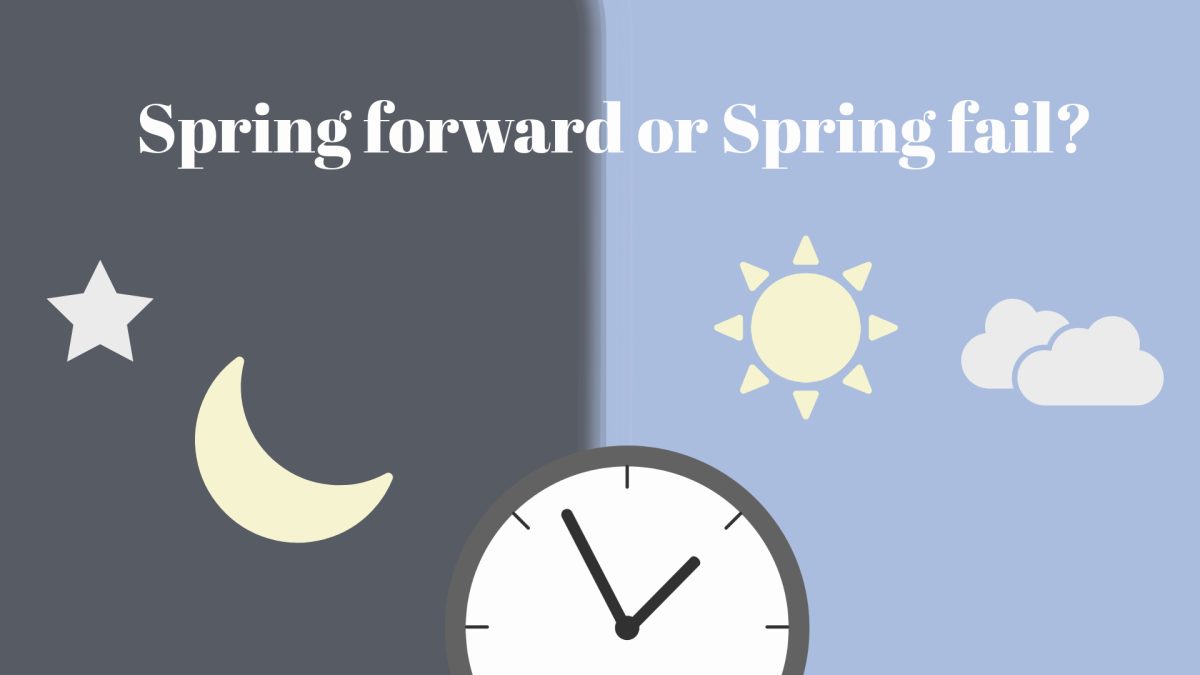
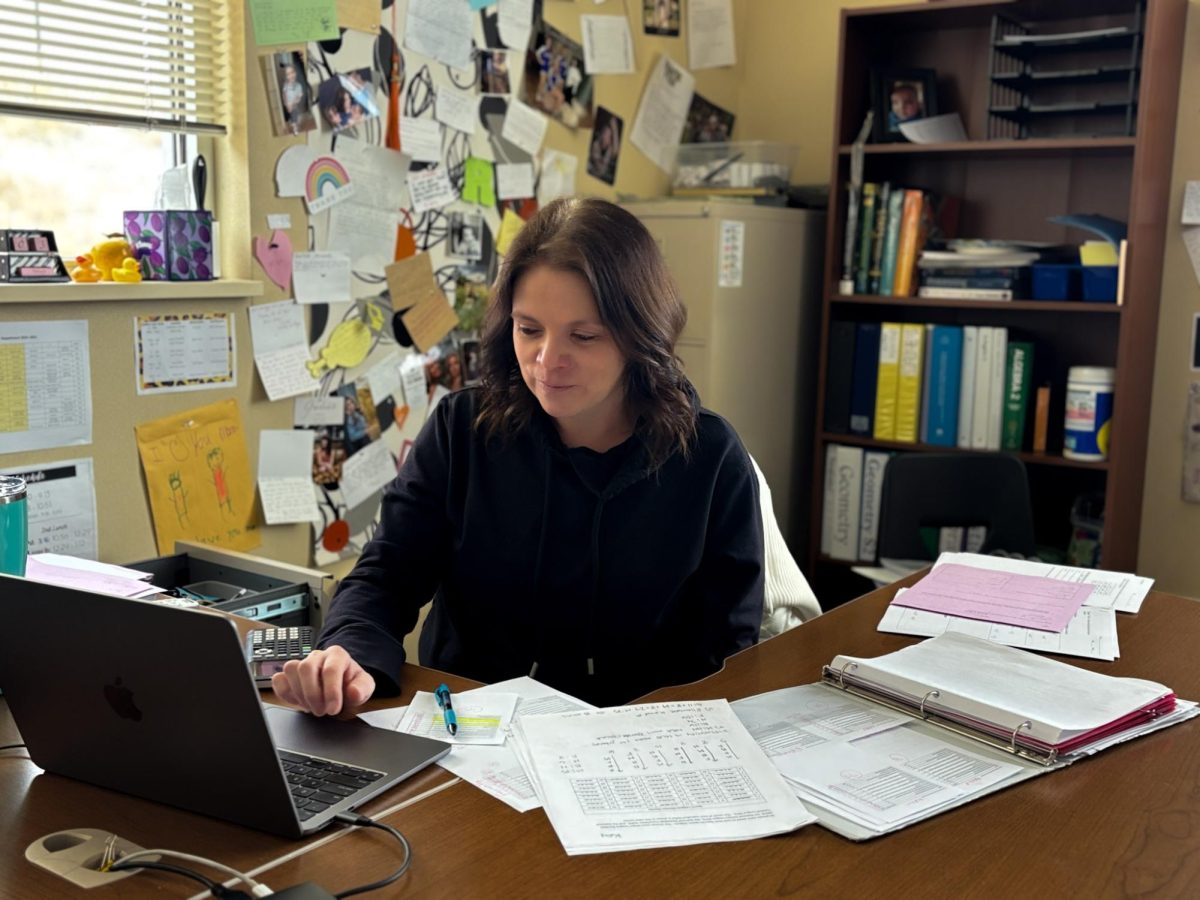
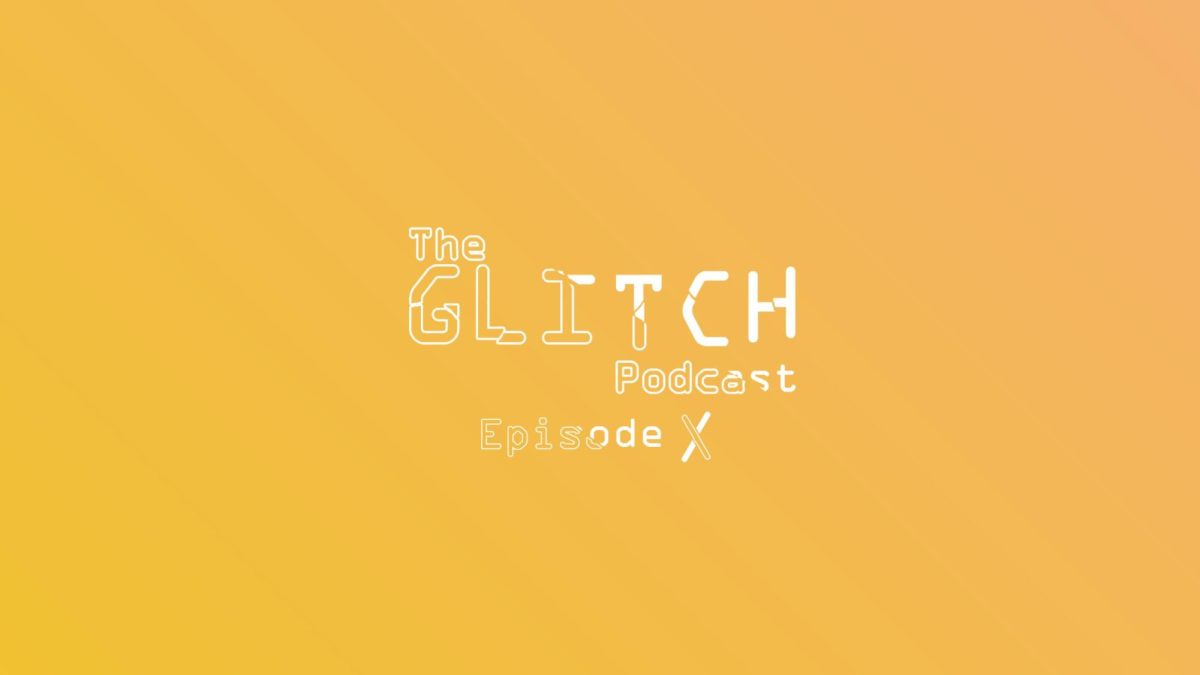





![April marks the 25th anniversary of Sexual Assault Awareness Month, created by the National Sexual Violence Resource Center (NSVRC). This month is to spread awareness of the harassment, assault and abuse that happens around the world. The symbol that represented the month was a teal ribbon; however, some survivors of assault create different symbols and movements like the TikTok trend in 2022, where survivors would tattoo Medusa on their body, in honor of her backstory in Greek Mythology. “I don't think [this month is known] at all. I rarely see anybody talk about it. I rarely see much of an emphasis on posting it online, or much discussion about it, and I feel like there needs to be way more discussion,” an anonymous source said. “I think just validating every experience that a person has gone through, regardless of the degree of it, the severity, is an essential step into making sure that people are aware that this is a very real problem in a society and that we need to do better in addressing it.”](https://rockmediaonline.org/wp-content/uploads/2025/04/IMG_0011-1200x900.jpg)
![Lesbian Visibility Day is April 26, and it’s a holiday to celebrate the lesbian community of the world. Lesbian Visibility day was established in 2008 by many queer activists and organizations who sought to raise more awareness for lesbian history and culture. “So this is why during Lesbian Visibility [Day] we celebrate and center all lesbians, both cis and trans, while also showing solidarity with all LGBTQ+ women and nonbinary people,” Linda Reily, in an article written by her, said.](https://rockmediaonline.org/wp-content/uploads/2025/04/Lesbian-Visibility-day.jpeg)



